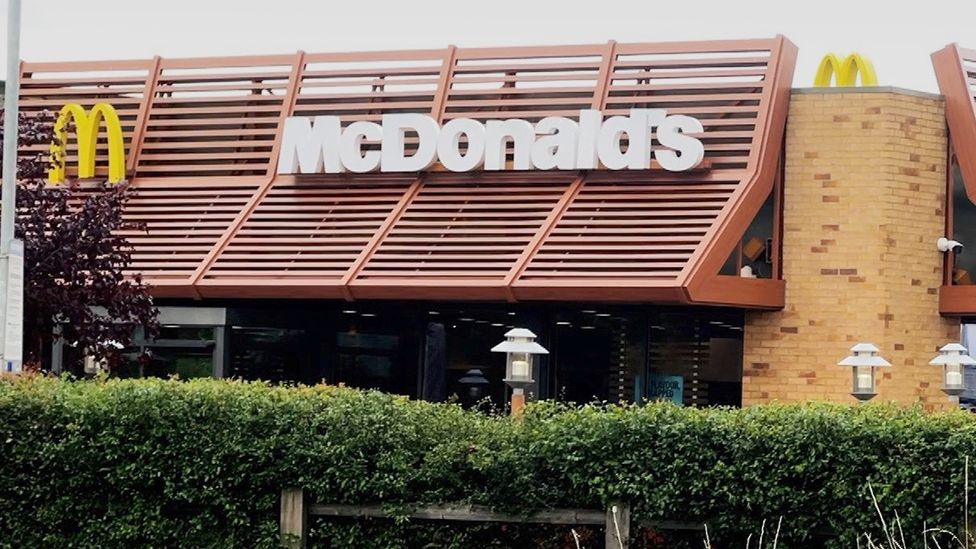'Car cloning made me dread the morning post'
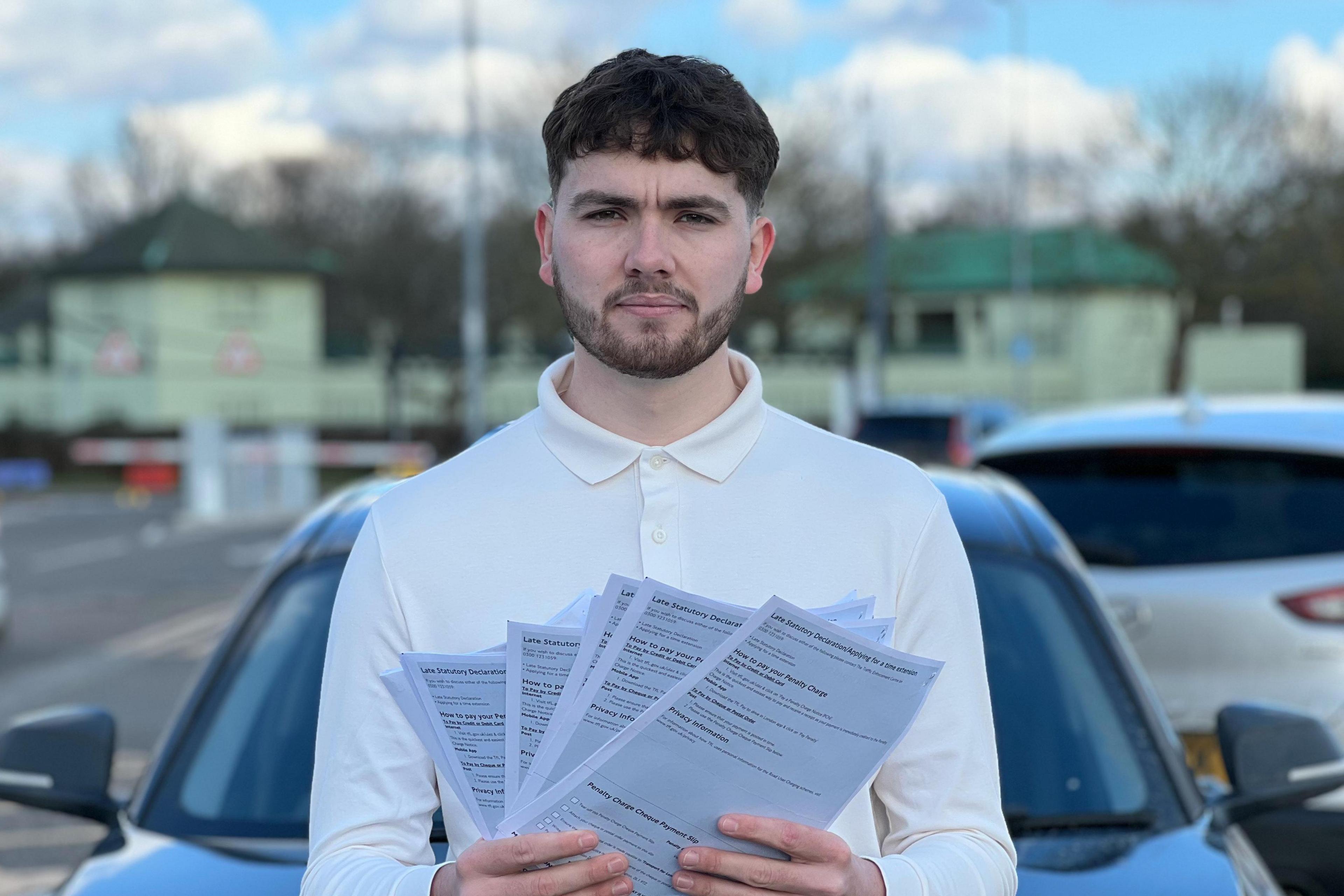
Eathan Cooper received the first of many fines last summer for a bus lane violation in Essex while he was on a trip to Madrid
- Published
A 24-year-old car cloning victim has told how he ended up dreading the morning post after fines demanding thousands of pounds started to pour through his letterbox.
Cambridgeshire-based Eathan Cooper received his first fine last summer for a bus lane violation in Essex while on a trip to Madrid, in Spain.
Since then, Mr Cooper, who works in sales, has wrongly received dozens of other penalties for parking, speeding and driving through bus lanes.
Transport for London (TfL) said it had cancelled six Ulez penalties it issued after confirming Mr Cooper had been a victim of car cloning.
What is car cloning?
Car cloning involves criminals stealing or copying another car's registration plates, often choosing plates from a similar looking vehicle
The scam involves criminals using another person's registration plates and running up fines and penalties which then land on their unsuspecting victims, who only realise there is an issue when the fines start arriving
The Met Police urges people who suspect their vehicle registration has been cloned to report it, external
The Met says once reported, those affected can then contact the organisation that issued the fine, explain the vehicle has been cloned, that police have been informed, request cancellation and send supporting evidence if available
Mr Cooper, who lives in Sawtry near Huntingdon, said he started to dread the morning post after the fines started arriving at his home.
He is sharing his story in the wake of a BBC investigation which revealed a 64% surge in car cloning in London over a three year period.
Although the letters were all addressed to him, and related to a car with his vehicle registration, all of the penalties were issued for incidents in places he had not been to.
"I was in Madrid when my younger brother first called me to say a letter had come through for me," Mr Cooper said. "He opened it up and it was a bus lane ticket."
The ticket was issued for an alleged traffic violation during the middle of the night in Essex, more than an hour away from his home.
"We couldn't understand what had happened," said Mr Cooper, whose car was parked at home in Sawtry over 70 miles away at the time.
The fines kept coming in for alleged contraventions across London and Essex.
All of the fines relate to a black BMW that looks exactly the same as his on automatic number plate recognition (ANPR) cameras and has the same vehicle registration.
Thousands hit by fines from cloned car plates
- Published14 August 2024
Amazon bans number plates as illegal supply found
- Published12 February
Mr Cooper said he has had six TfL fines, more than six bus lane fines as well as multiple parking charges and speeding tickets.
The Driver and Vehicle Licensing Agency (DVLA) said it was working with the National Police Chiefs' Council and other government departments to improve identification and enforcement of number-plate crime.
Mr Cooper said proving his innocence had become all-consuming for both him and his family.
He has had to go to court and, he said, buy a £300 private vehicle registration to avoid further fines.
"The police advised that the quickest way to get rid of a number plate would be to purchase a private number plate and then report it to the DVLA, which we did," he said. "Other companies, including the police, accepted our evidence."
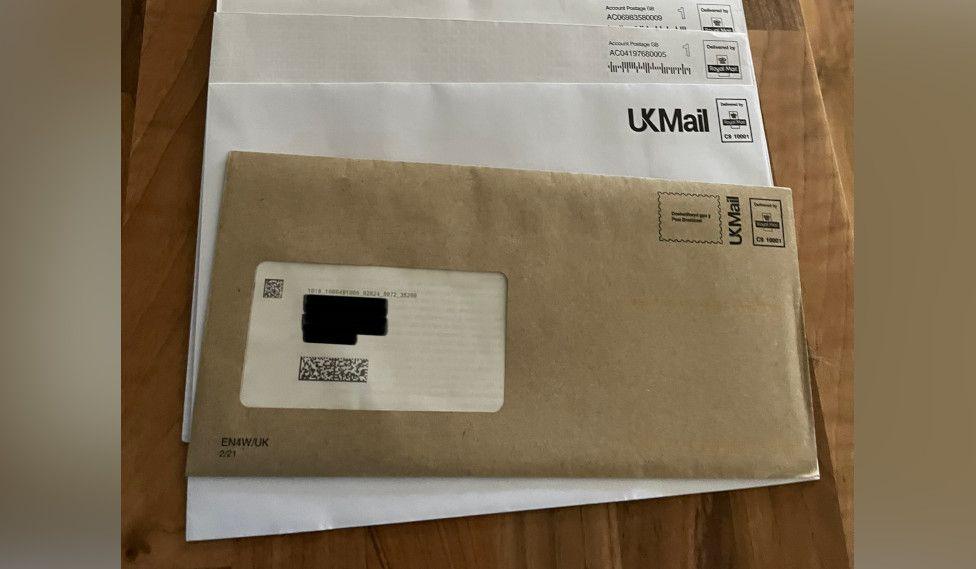
After the BBC contacted TfL it apologized to Mr Cooper and accepted that his vehicle had been cloned
His battle with TfL began in August 2024.
"I sent them CCTV images of my car being at my workplace, hotel booking confirmations, groceries that I had bought in Scotland at the time, and they rejected it all and said it wasn't significant evidence," he said.
"I called TfL and said I had a letter from the Metropolitain Police confirming there's another car out there using my number plate, and they wouldn't accept it as new evidence because they had already denied my claim of appeal," Mr Cooper said.
In a last ditch attempt to avoid being taken to court by TfL after it rejected his appeal, Mr Cooper went to Peterborough Magistrates Court to make a declaration statement.
At court he had six documents signed by legal professionals at a cost of £30 a throw.
After the BBC contacted TfL, the organisation apologized to Mr Cooper and accepted that his vehicle had been cloned.
"We're sorry that Mr Cooper has been a victim of vehicle cloning," a TfL spokesperson said.
"Unfortunately, as we did not receive the evidence of cloning needed to support the representation made, the case progressed to an enforcement agent and warrants were issued in line with this.
"Having reviewed the case, we are satisfied that it is a cloned vehicle and have cancelled the penalties."
Get in touch
Do you have a story to share with the BBC East of England investigations team?
Related topics
More from London and East Investigations
- Published27 March
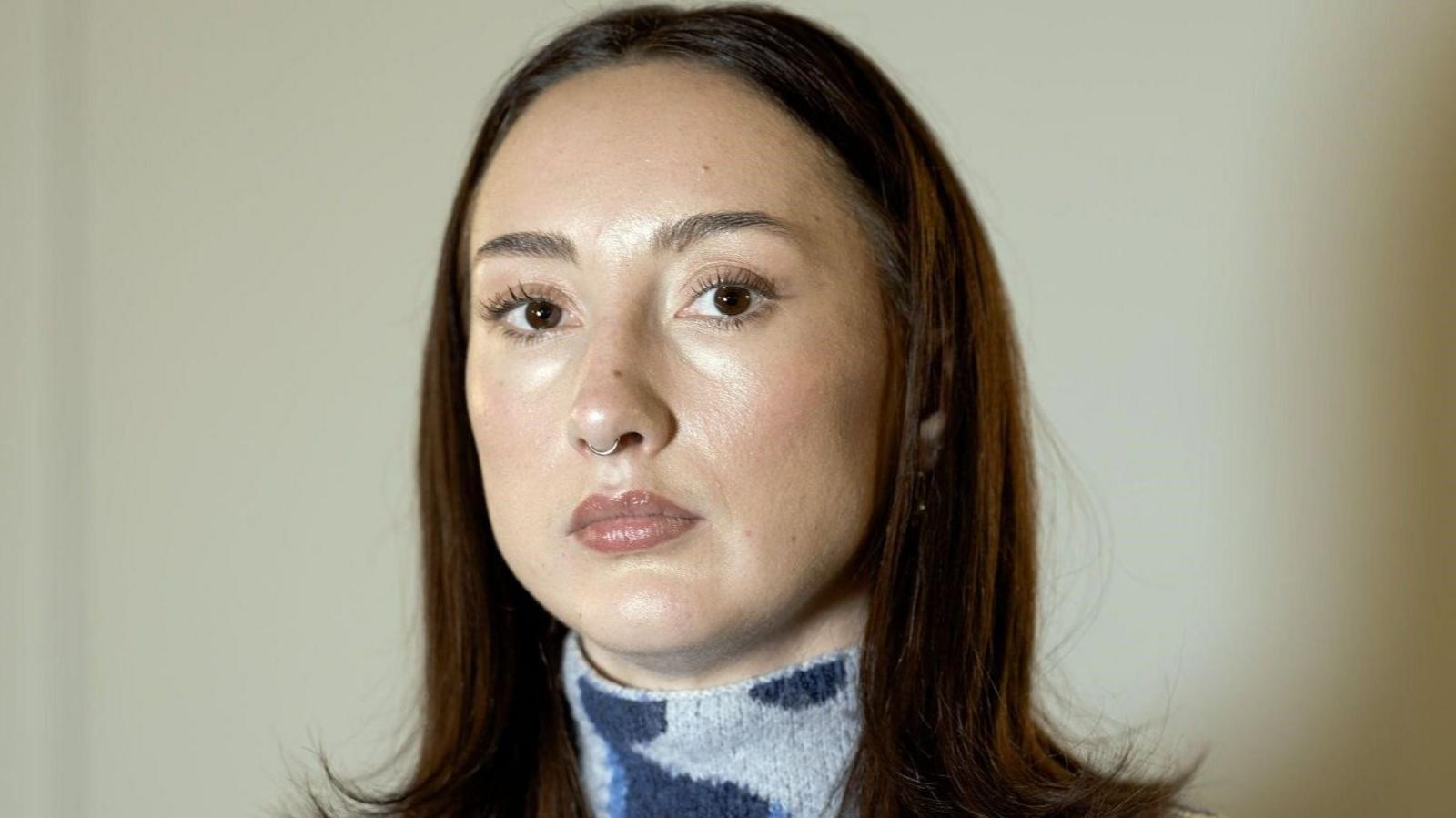
- Published6 November 2024
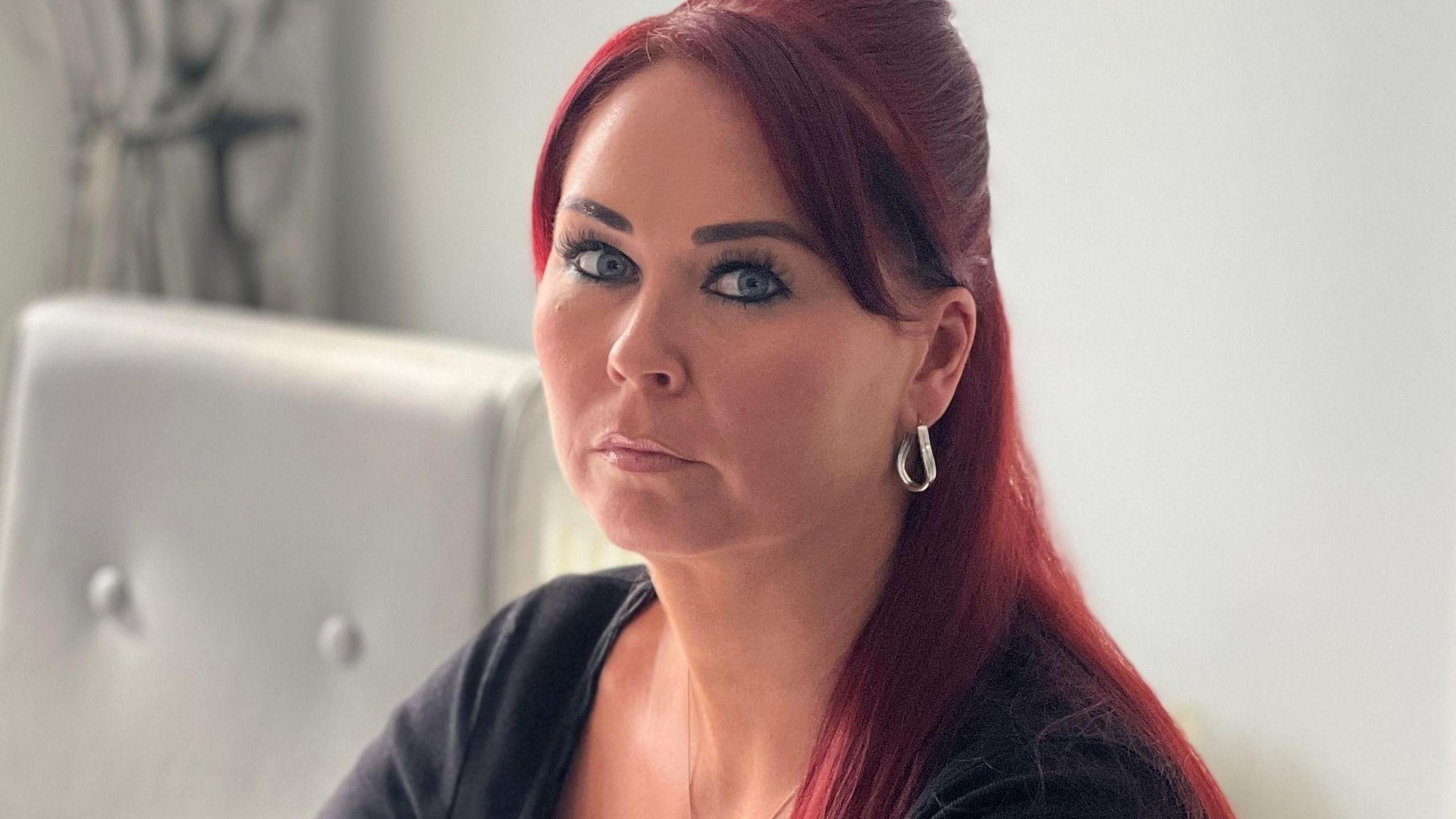
- Published30 March
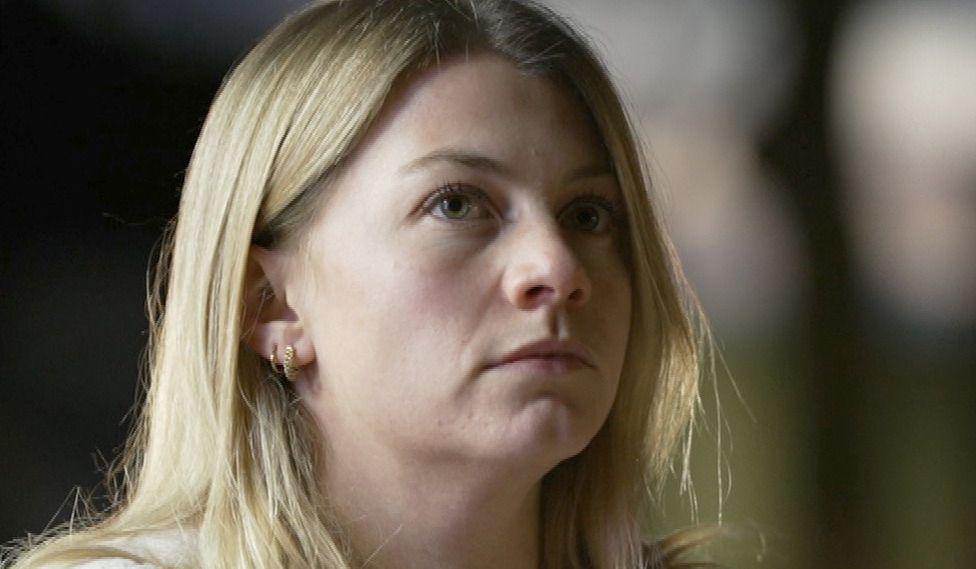
- Published30 September 2024
